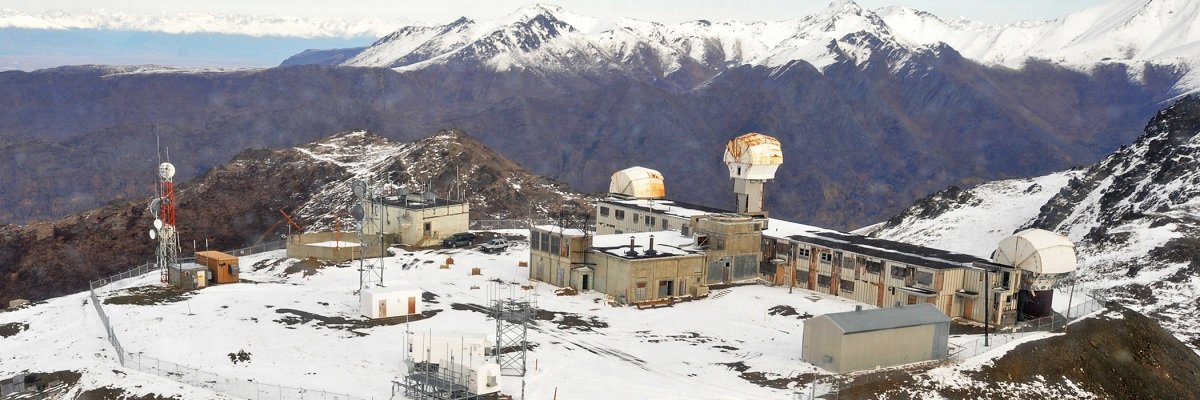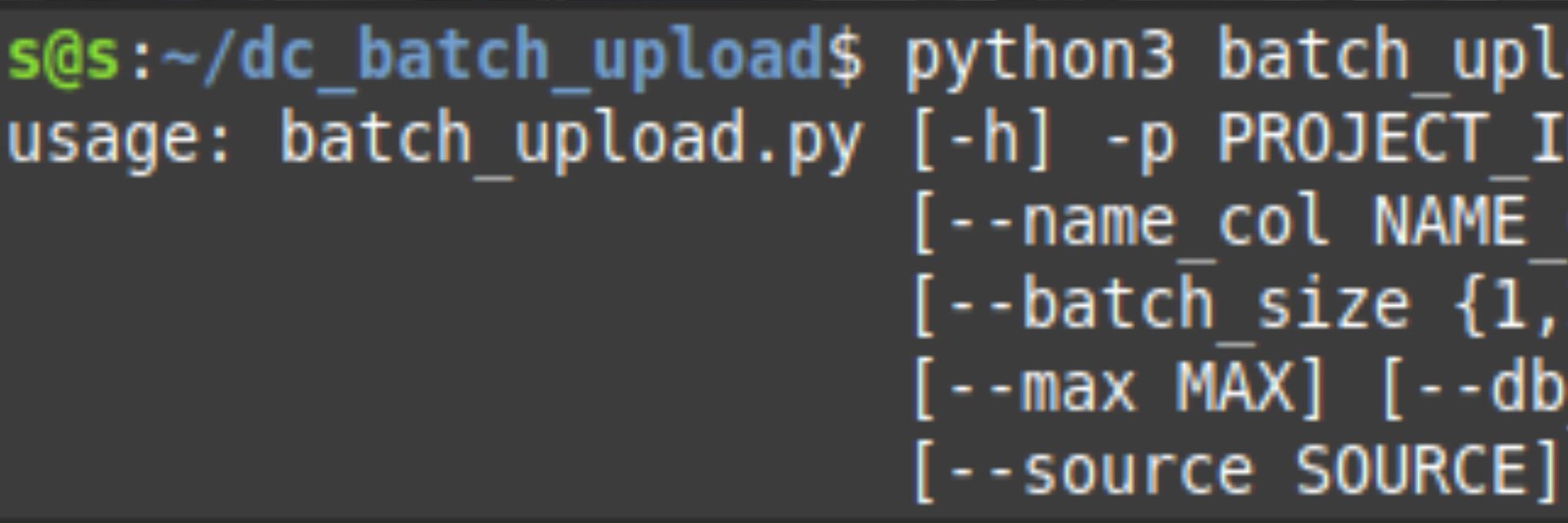A version of this article appears on Glomar Disclosure
FBI files released earlier this year show the Bureau’s plan to build a secret network of “stay behind” agents in Alaska that would become active in the event of a Communist invasion. The file also reveals that Bureau personnel thought the biggest advantage to this plan was that it would screw over the CIA, ensuring the Bureau’s supremacy in their ongoing feud with other intelligence agencies.
The Bureau’s efforts in this program was hampered from the very beginning, due to a relatively poor understanding of both military operations and rigorous intelligence collection outside the United States. This lack of experience began to show itself when the Bureau’s not-so-subtle racism came into play when selecting agents for the stay behind network. Natives, they wrote, shouldn’t be used as agents “because of their basic unreliability.”

While racism was hardly unique to the Bureau in ’50s, their mistake of excluding local natives was a large one. Had they consulted with CIA, the expertise of which drew on the OSS operations of World War II, they would have known that native troops were some of the most effective of the war.
To make matters worse for manpower, businessmen, farmers and “unskilled laborers” were all immediately cut from the list of potential agents, due to the potential that some or all of them might be deported.

The memo went on to admit that the Bureau had no idea how many people in Alaska might meet their strict requirements for recruitment. And yet they were still more than willing to continue with the project.
The FBI’s zeal for the “Stay Behind” efforts didn’t have necessarily have anything to do with the best interests of the United States. According to one of the memos in the file, the biggest advantage to the proposal was that it would prevent these kind of projects from going to CIA.

Early on, it was made quite clear to the Bureau that if they didn’t assume responsibility for these programs, they would have to turn over their information to someone else. Although redacted, it’s a pretty easy guess as to who that “someone else” would be.

So not only would the Bureau have to share its sources and informants, they would potentially lose control over them to their chief rival in the intelligence community.
The FBI was quite clear that many of the responsibilities they would be assuming were purely military in nature. The Bureau acknowledged that these activities, which fell outside its civilian jurisdiction, would consume a great deal of the FBI’s time and money. But to Hoover’s Bureau, jurisdiction was something to be conquered – rather than an important hierarchical reality or a method of protecting civil rights and preventing over-centralization.

Moreover, if the Bureau withdrew they were certain that the Air Force (heavily involved in the plans, especially the evasion and escape program) would bring in the three-letter agency that shall not be named.

The statement that this would “definitely place CIA in the domestic intelligence field” was rather disingenuous, since the Agency still would not be handling things until after an invasion had occurred and the territory was no longer U.S. controlled. Therefore while it would have been a domestic territory, it would not have been domestic intelligence in any meaningful sense of the word.
However, to Hoover, the mere possibility - end of the world scenario or not - was unacceptable.
You can read the cited section of the FBI file below, or on the FBI file request page:
Like M Best’s work? Support them on Patreon.
Image via Wikimedia Commons




